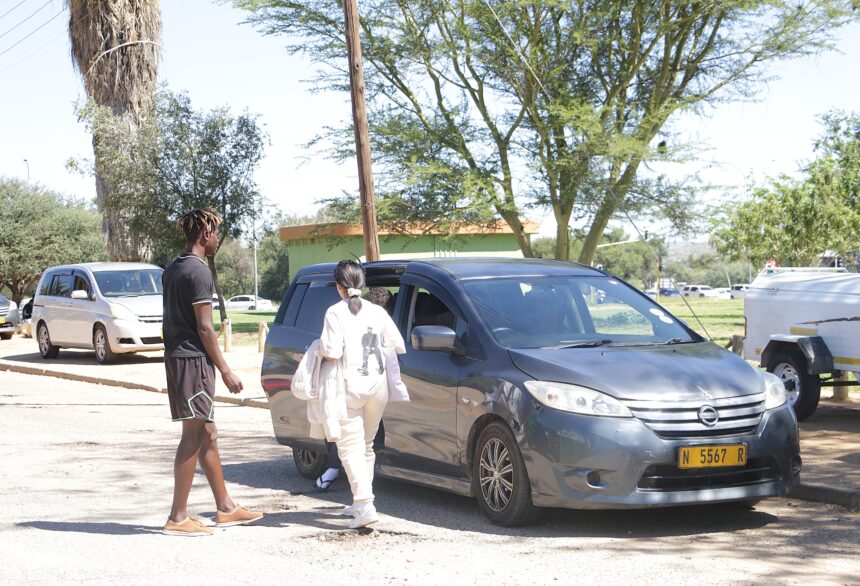Rudolf Gaiseb
Seven-seaters will now operate as a long-distance transportation service in Namibia.
Transport minister Veikko Nekundi announced the decision to lift restrictions on those drivers who were barred from operating without permits in the National Assembly on Tuesday.
“The seven-seaters will now be permitted officially; no compromise or negotiations. They will transport seven people as the composition of the car is set up,” he said.
In his statement, Nekundi highlighted that all holders of indefinite passenger permits (taxi, bus and tour operator permits) have until 30 September 2025 to convert them into two-year renewable permits.
“The current issuance regime has been manipulated to disadvantage the most disadvantaged, the downtrodden, in that a few cliques with no vehicles were issued these licences, and they then rent them out at fees ranging from N$ 500.00 to N$ 1000.00 a month to the taxi owners, while those with vehicle applications were either turned down or never responded to, despite several follow-ups and appeals,” he revealed.
To curb and address these abnormalities, permits will now only be issued in favour of persons who present vehicles intended to be used to transport passengers.
Permits will be issued in the name of the owner and the vehicle so designated.
“Permits will no longer be used as a trading commodity. Therefore, the deserving passenger vehicle owners will no longer have to depart with their hard-earned cash in the name of permit rental fees,” he reiterated.
However, those renting will be required to apply within the period ending 30 September 2025, and will continue to use such rented permits until they are issued with their own two-year transitional permits, he added.
The requirements to convert the indefinite permits to the two-year transitional period are (1) the original permit, (2) a valid motor- vehicle licence, (3) a certificate of registration of the vehicle and (4) a certified copy of an identity document.
The process to apply for the new permits in relinquishing the rented permits and acquiring a new permit as a new operator is (1) receipt of applications, (2) submission for publication in the Government Gazette (3) public objection period (21 days) as well as (4) board adjudication and finalisation of decisions.
The total duration is approximately four to five months.
The ministry is committed to ensuring that Namibia’s regulatory systems are responsive, efficient and supportive of a well-functioning transport sector.
“The conversion of permits and the amendment of the law go hand-in-hand with our efforts to modernise and streamline operations in the public transport space. Similarly, all our efforts and strategies are geared towards ground-based impactful service delivery,” he underscored.
Photo: Heather Erdmann



